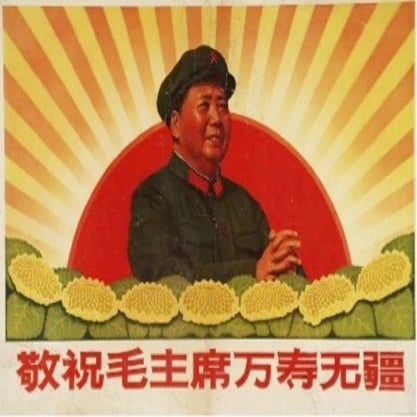Article
Tagore, Rabindranath (1861–1940) By Kumar, Siva
Article
Rabindranath Tagore is India’s pre-eminent writer and was the first Asian to win the Nobel Prize for Literature, in 1913. He is best known for his poetry collection Gitanjali: Song Offerings, which he self-translated into English from Bengali. Tagore introduced new verse forms into Bengali poetry, and revolutionized literary prose by using colloquial Bengali (calit bhasa) in his novels and short stories. Previously, Bengali literature had been written in refined Bengali (sadhu bhasa), which drew on Sanskritic vocabulary and archaic grammatical forms. Tagore was a strong advocate of caste reform in colonial India, a critic of nationalisms worldwide, and the founder of an international university called Visva-Bharati whose motto was Yatra visvam bhavatieka nidam (‘Where the whole world meets in one nest’).
Rabindranath Tagore was born on 7 May 7 1861 to Debendranath and his wife Sarada Devi. The surname Tagore is an Anglicization of ‘Thakur’, which means lord in Bengali. His father was an influential member of the Brahmo Samaj, a religious society dedicated to reforming Hinduism. Brahmoism’s tenets of caste and marriage reform can be seen in the development of Tagore’s short stories and novels from Chokher Bali [Grain of Sand] in 1903 to Char Adhyay [Four Chapters] in 1934.





